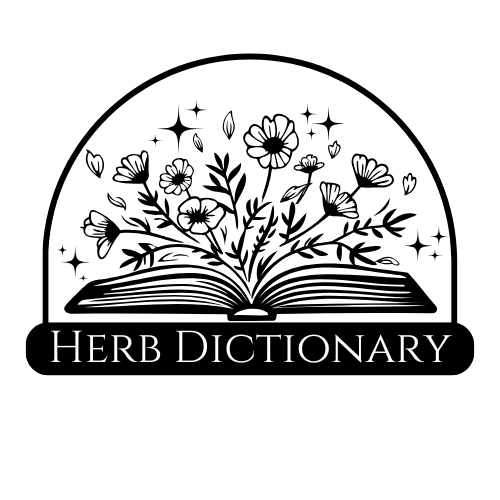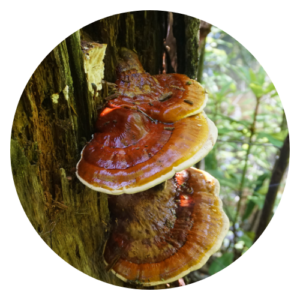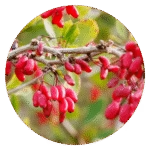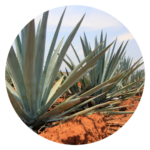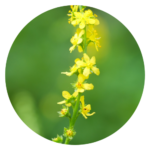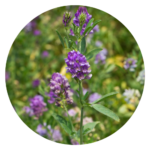Adaptogen: Enhances resilience to physical, mental, and emotional stress.
Anti-inflammatory: Reduces inflammation in tissues, supporting joint, heart, and immune health.
Antioxidant: Protects cells from oxidative damage, promoting longevity and healthy aging.
Antiviral: Helps defend against viral infections and supports immune recovery.
Immunomodulant: Balances immune function, aiding in chronic illness recovery and prevention.
Cardioprotective: Supports heart health by improving circulation and lowering cholesterol.
Hepatoprotective: Protects and supports liver function.
Nervine: Calms the nervous system, improving sleep quality and reducing anxiety.
